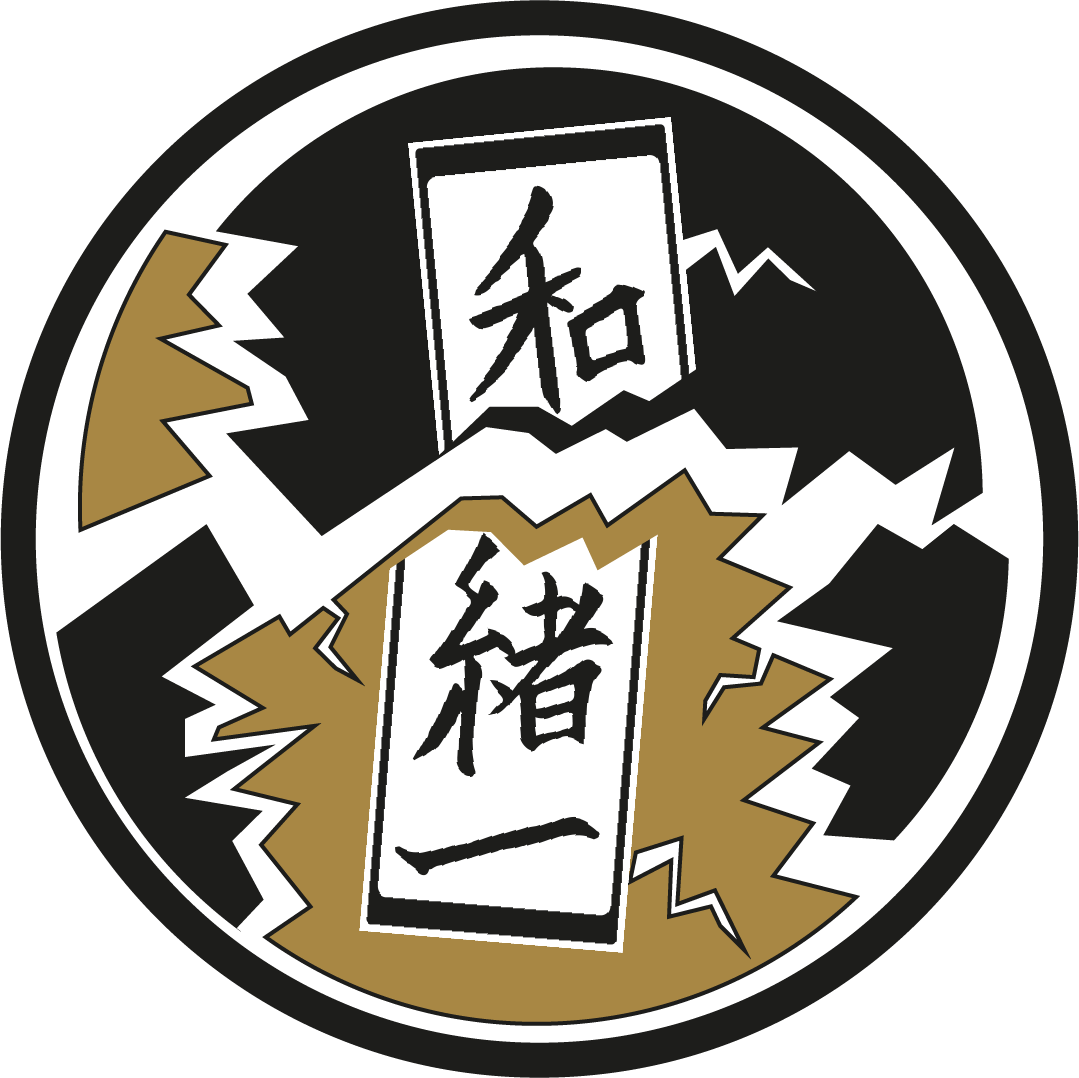What is the Meaning of Life?
While life can be quite complicated, the kanji with which it is written in Japanese seems simple enough: 生. It only has five strokes and is among one of the first characters you would usually learn, since it is part of elementary words, such as ‘teacher’ 先生 sensei or ‘student’ 学生 gakusei. However, this impression might be misleading, as 生 does have a plethora of different readings, meanings and nuances.
In combination with a hiragana ending, it is most commonly used as 生きる ikiru and means ‘to live’, ‘to exist’, or, more rarely, ‘to be in effect’, when applied, e.g., to an agreement. It can also be used meaning ‘to give birth’ 生む umu or ‘to be born’ 生まれる umareru, which do not necessarily have to do with actual birth of new life, but can also be metaphorical in the sense of creating a masterpiece (傑作を生む kessaku wo umu), making profit (利益を生む rieki wo umu) or causing a misunderstanding (誤解を生む gokai wo umu). Then, the kanji can also be read as 生える haeru or 生やす hayasu, meaning ‘to grow’ and ‘to cultivate’. To give an example: ひげを生やしたB君を見た途端、P子が恋に落ちてしまった hige wo hayashita B-kun wo mita totan, P-ko ga koi ni ochiteshimatta – The moment P saw B, who grew a beard, she fell in love.
Some rarer readings of 生 are 生る naru – ‘to bear fruit’ (e.g. 柿が生る kaki ga naru, the kaki bore fruit), 生すnasu – ‘to have a child’ (ロミオとジュリエットが子を生した romio to jurietto ga ko wo nashita, Romeo and Juliette had a child), and 生すmusu – ‘to grow’, which usually applies to moss (苔の生した石ころの下にムカデを見つけた koke no mushita ishikoro no shita ni mukade wo mitsuketa , I found a disgusting centipede under a stone covered with moss).
It does not get easier when we remove the hiragana ending. By itself, the kanji 生 can be read as sei, which means ‘life’, but is also a rather outdated way to say ‘I’ for men. However, you will surely see it more often read as nama, which refers in general to something natural, unprocessed. So, if you go to Japan and you are a sushi lover, you will certainly get to try some amazing 生魚 namazakana (raw fish). Then, if you drink alcohol, you will most likely be drinking 生ビール namabiiru (unpasteurised, draught beer), which is often ordered simply by saying 生一つ nama hitotsu (one draught). Just turn on the TV, and you will without a doubt find 生放送 namahōsō, a live broadcast on one of the stations. While these words are quite neutral, the word nama can also carry a negative connotation, be connected to lack of experience, crudeness, insufficiency. Just hope that you will not be called 生意気なやつ namaiki na yatsu ‘an impertinent brat’. Finally, another meaning of nama you should know just in case is ‘unprotected sex’ (生でやる nama de yaru, to have unprotected sex, ‘to do it raw’). But do try to behave responsibly ;)
As you can see, life 生 has many facets – you do not need to know them all at once, but you might happen upon them sometime during your adventure with Japan. So keeping that in mind might definitely help you in the future.
Written by AL

